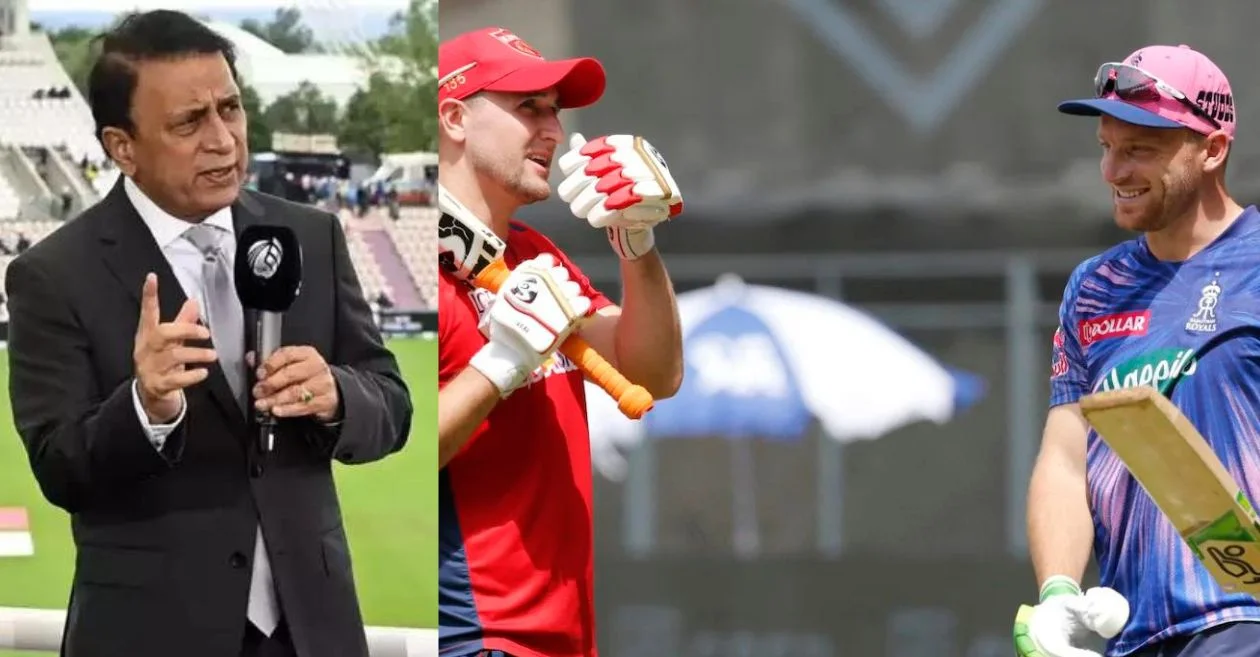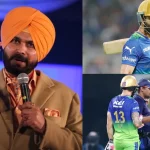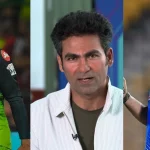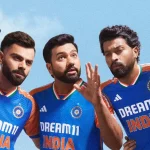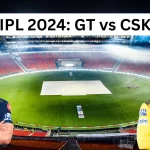Former India captain Sunil Gavaskar has directed sharp criticism towards the England and Wales Cricket Board (ECB) and its players for their early exit from the Indian Premier League (IPL) 2024. Gavaskar’s comments come in light of several England players, including Liam Livingstone, Jos Buttler, Will Jacks, and Reece Topley, leaving the IPL to rest or join England’s squad for the upcoming T20I series against Pakistan. Livingstone, in particular, returned to England to rest his knee ahead of the T20 World Cup, which begins next month. Gavaskar has urged the Board of Control for Cricket in India (BCCI) to take action against the players and the ECB for what he perceives as a breach of commitment to IPL franchises.
England Players’ Early Exit: Financial Implications and Franchise Commitments
Gavaskar, in his column for Mid Day, emphasized the financial implications of England players’ premature departure from the IPL. He argued that these departures undermine the commitments made by players to their respective IPL franchises for the full season. Gavaskar suggested that IPL franchises should consider withholding a significant portion of the players’ pay if they choose to leave early. This proposed penalty reflects Gavaskar’s view that players should honor their contractual commitments to their franchises, particularly after assuring availability for the entire season.
Calls for Financial Penalties and Accountability
The cricketing legend called for accountability not only from the players but also from the cricket boards, specifically highlighting the 10% commission that boards receive from players’ IPL fees. Gavaskar proposed that if players pull out prematurely, IPL franchises should deduct a substantial amount from the fee that was allocated to them. Furthermore, he argued that cricket boards should also be penalized for reneging on their assurances to IPL franchises. Gavaskar’s stance underscores the significance of upholding commitments and the financial integrity of the IPL.
Unique Practice in the IPL: Commission to Cricket Boards
Sunil Gavaskar drew attention to the unique practice within the IPL where cricket boards receive a 10% commission from players’ IPL fees. This commission, according to Gavaskar, is distinct to the IPL and not observed in other T20 leagues worldwide. Gavaskar emphasized that the BCCI’s generosity in providing this commission is often unappreciated, especially when players withdraw from the IPL prematurely, jeopardizing the financial stability and credibility of the tournament.
Implications for Player-Board Relationships and IPL Integrity
Gavaskar’s comments raise broader questions about the relationship between players, cricket boards, and IPL franchises. His call for financial penalties underscores the need for accountability and professionalism in honoring commitments within the IPL ecosystem. The repercussions of early player exits go beyond individual decisions, impacting the integrity and stability of the IPL as a premier cricket league. Gavaskar’s critique serves as a reminder of the importance of upholding contractual obligations and ensuring mutual respect between players, franchises, and cricket boards.
Looking Ahead: BCCI’s Response and Future Policy Considerations
In response to Sunil Gavaskar’s criticisms, the BCCI may evaluate potential measures to address early player exits and uphold the integrity of IPL contracts. The issue highlights broader policy considerations regarding player availability, financial penalties, and the relationship between international and domestic cricket commitments. Moving forward, stakeholders may seek to establish clearer guidelines and enforcement mechanisms to prevent disruptions and ensure a harmonious balance between national team duties and IPL obligations.
Balancing International and Domestic Commitments
Sunil Gavaskar’s remarks reflect ongoing discussions and debates within the cricketing community regarding the balance between international and domestic commitments. As cricket continues to evolve with the proliferation of T20 leagues worldwide, maintaining trust, transparency, and professionalism among players, boards, and franchises remains paramount. The situation underscores the complexities of modern cricket and the need for collaborative efforts to sustain the integrity and success of premier cricket tournaments like the IPL.
Please check for information on the best betting sites in India and IPL betting sites – https://selectory.org/best-betting-sites/
